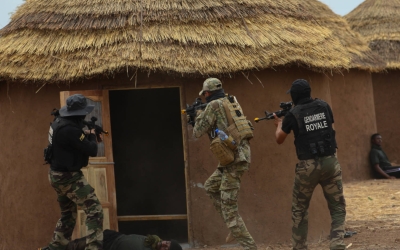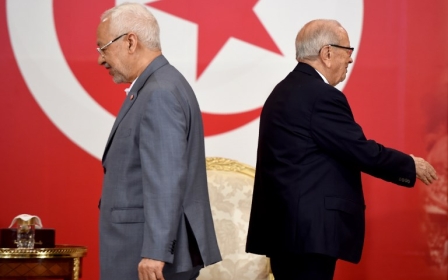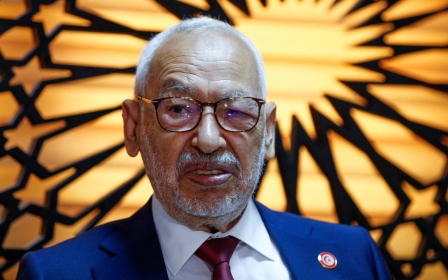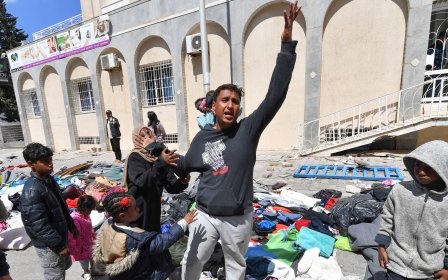Biden administration faces backlash in Congress over US-Tunisia defence ties
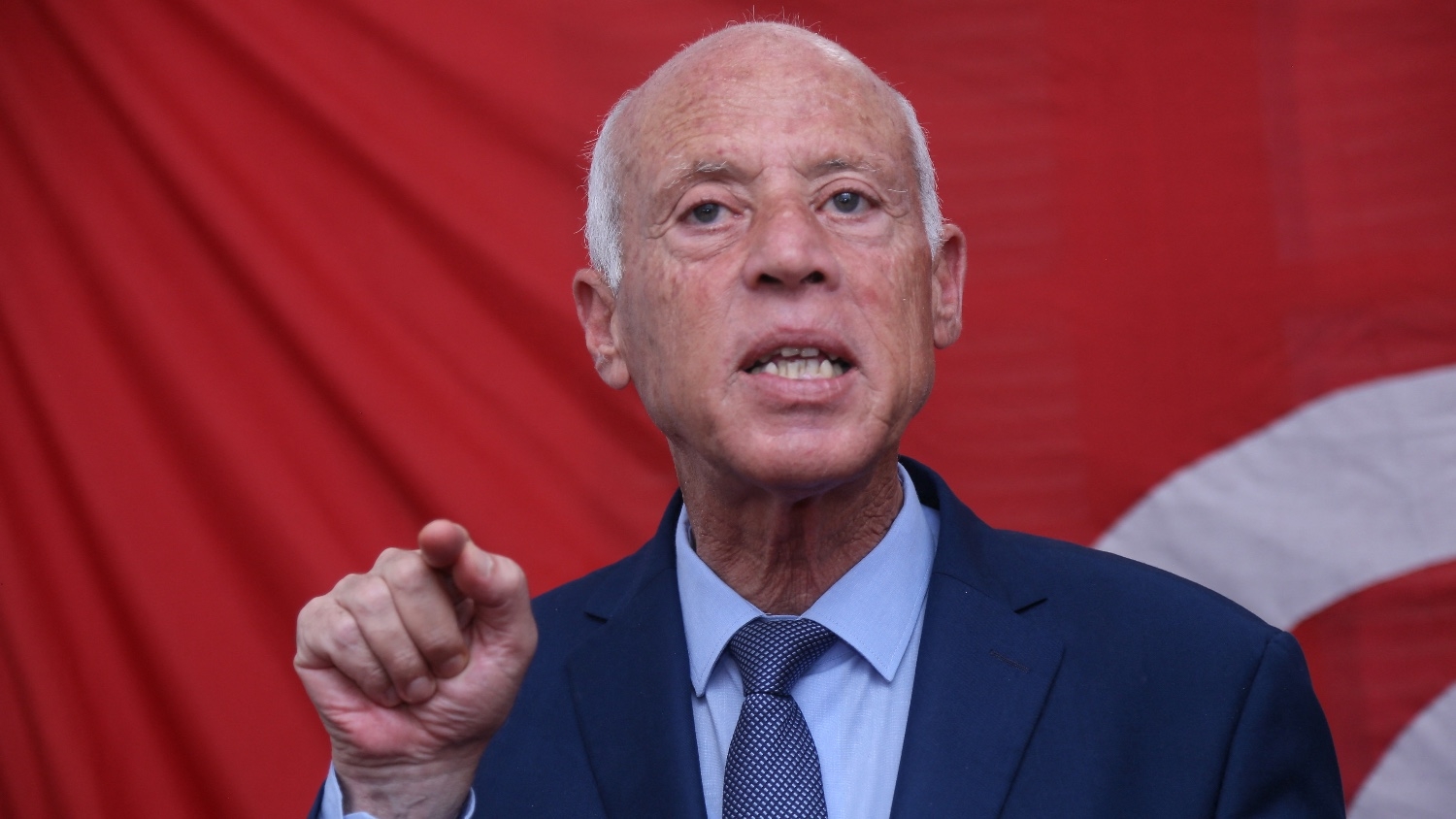
The Biden administration was slammed and accused of hypocrisy regarding Tunisia during a feisty Senate hearing on Wednesday over its decision to slash economic and humanitarian aid while maintaining military support to the North African country as its democracy unravels.
Joshua Harris, the State Department’s top official for North Africa, defended the Department’s 2024 budget request, which called for budget cuts in democracy promotion and economic assistance while preserving security aid like Foreign Military Financing (FMF), funds used to purchase American weapons.
Harris said promoting democracy and human rights in Tunisia was “fundamental” to the Biden administration.
The comments drew a sharp rebuke from Democratic Senator Chris Murphy: “I just don’t think it’s true that if your primary objective is to support civil society and human rights, that this is a budget that reflects that priority.”
“If what you were saying was true, we would be seeing a budget that requested the opposite,” he added. “It's pretty exceptional....we are zeroing out funding for human rights.”
New MEE newsletter: Jerusalem Dispatch
Sign up to get the latest insights and analysis on Israel-Palestine, alongside Turkey Unpacked and other MEE newsletters
Tunisia's success as the lone democracy to emerge from the 2011 Arab Spring has been imperilled by an authoritarian crackdown by its current president, Kais Saied.
In 2021, the democratically-elected Saied shuttered parliament. He replaced it with a rubber-stamp assembly and rewrote the constitution to consolidate power. He has since launched a wave of arrests targeting journalists, activists and political opponents.
The Biden administration has oscillated between scolding and engaging Saied. It called parliamentary elections last year that saw just an 11 percent voter turnout and were boycotted by the opposition an “essential initial step” in restoring the country’s democracy.
At other times, senior US officials have taken a harder line. US Defence Secretary Lloyd Austin said Tunisia faced the headwinds of “autocracy, chaos, and corruption”.
'Muddled message'
Senator Murphy, who has emerged as one of the most vocal critics in the Senate of the Biden administration’s position on Tunisia, said the 2024 budget request sent “a muddled message”.
“I don’t understand what message we are sending when we are holding military aid constant but we are reducing aid to civil society,” he said.
Tunisia became a centrepiece of US civil society promotion after the overthrow of longtime dictator Zine El Abidine Ben Ali. At the same time, Washington saw a chance to build on Cold War-era ties to Tunisia’s military as the country’s democracy took root.
In 2015, it was designated a major non-Nato ally, a decision that unlocks access to superior US weapons systems and training. A wave of terror attacks in the following years led to even greater cooperation.
Tunisia’s military has been in the crosshairs of critics like Murphy because of the role it plays in Saied’s power grab. The military dispatched tanks to shutter Tunisia’s parliament in 2021. Saied’s political opponents have been tried in military courts. Meanwhile, Saied has sought to surround himself with military figures.
The Biden administration did cut military aid after Saied’s closure of parliament, but funding has held up since then, and Washington has shown no appetite to curtail the wider defence relationship.
Middle East Eye previously revealed how Tunisia’s partnership with the Wyoming National Guard has been “growing” in recent years. Tunisian special forces recently trained with the US in Ghana and Tunisia is set to co-host the Africa Lion military exercises later this summer. It is one of the US’s biggest projections of military might on the continent.
Besides serving as a counterterrorism partner, Washington looks to Tunisia’s military, perched on the Mediterranean, as an ally in a corner of the world where it is experiencing increasing competition with Russia and China.
In his testimony on Wednesday, Harris said Beijing was among US adversaries making “pernicious attempts” to gain control of strategic sectors in Tunisia. Saied recently ruled out a $1.9bn IMF loan that analysts say is necessary to stave off the country’s economic collapse.
Diplomats and analysts say Washington’s concern about a social and economic breakdown in Tunisia has also bolstered the arguments of those in the administration in favour of preserving the military partnership, especially as Saied becomes viewed as more mercurial.
“The thinking in Washington and EU capitals is that we made deep investments after 2011 in a military that is relatively professional for the region," a western diplomat told MEE. ”If Tunisia implodes, there needs to be adults in the room to talk with and there are good partners in the Tunisian military.”
Senator Murphy previously said the administration had made “a bet on the Tunisian military” when it should be betting on civil society.
Middle East Eye delivers independent and unrivalled coverage and analysis of the Middle East, North Africa and beyond. To learn more about republishing this content and the associated fees, please fill out this form. More about MEE can be found here.


